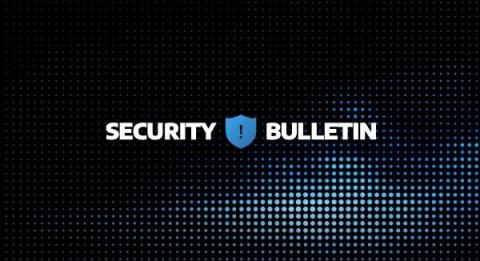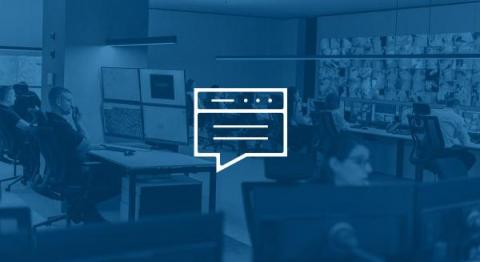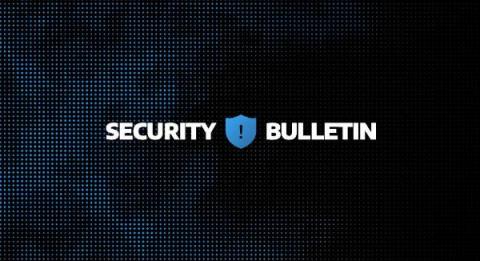Multiple Critical SQL Injection Vulnerabilities in Ivanti Endpoint Manager
On May 21, 2024, Ivanti disclosed six critical-severity SQL Injection vulnerabilities affecting Ivanti Endpoint Manager, specifically versions 2022 SU5 and earlier. These six vulnerabilities, identified as CVE-2024-29822 through CVE-2024-29827, each carry a Common Vulnerability Scoring System (CVSS) score of 9.6. They allow unauthenticated attackers within the same network to execute arbitrary code on the Core server. This disclosure was made simultaneously with the release of a security hot patch.










